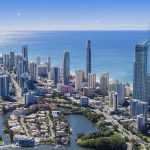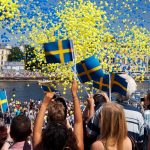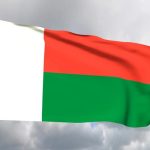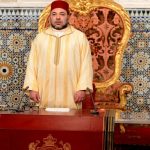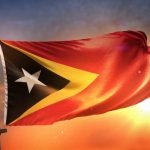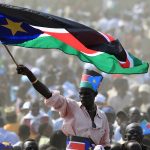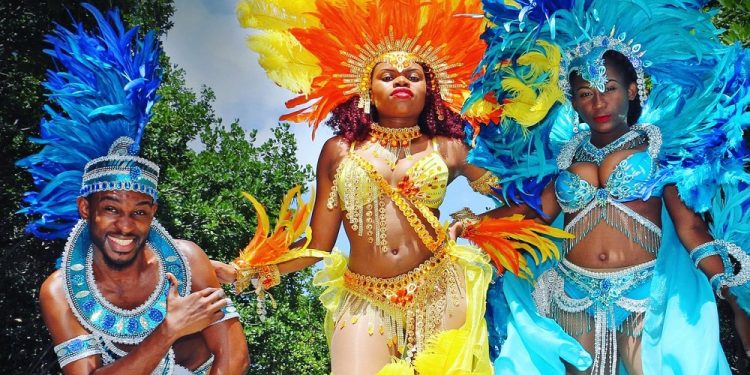
Emancipation Festival in British Virgin Islands
The Emancipation Festival of the British Virgin Islands is a two-week-long festival that begins at the end of July and lasts until about August 10th every year. Within this festival are three days of public holidays, which give the local population a day off to enjoy the festivities.
These public holidays are held on Festival Monday, Festival Tuesday, and Festival Wednesday. These three holidays, and the associated festival, are a celebration of freedom from colonialism and a celebration of culture and pride. It’s also a popular event among tourists and the people who reside on the islands.
The History of the Emancipation Festival in the British Virgin Islands
This holiday can trace its roots back to August 1, 1834. This is when the Emancipation Act abolished slavery across the British Empire. That’s why so many Caribbean islands celebrate some type of festival during the end of July or the beginning of August. These events were then combined with traditional religious carnivals that were held before the beginning of Lent.
Because it was more feasible to have one large festival instead of a pre-Lent and an Emancipation festival, the two were combined into one large festival. This festival officially began in its current form in 1954 as a way to not only celebrate freedom from colonialism but also as a celebration of the island’s unique cultural history.
Observing the Emancipation Festival in the British Virgin Islands
Although the festival is in full gear by the time Festival Monday comes around, this day is an official public holiday for the local residents so they can take part in all of the festivities. On this day, there is a grand parade that features bands and dancers. There’s also a street party at the beach on this day.
On Festival Tuesday and Festival Wednesday, there are also gospel celebrations and folklore presentations all across the islands. There are also food fairs and other cultural events that both tourists and local residents can enjoy.

